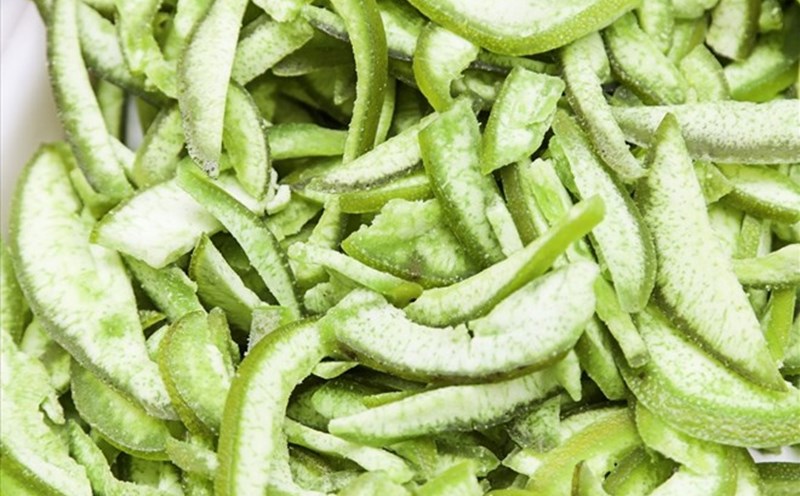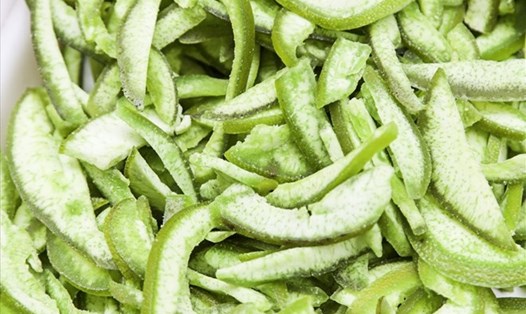The human body cannot synthesize omega-3 on its own, so it needs to be supplemented through food. Many familiar nuts in the daily diet are not only nutritious but also an excellent source of omega-3.
Here are three popular nuts that are highly regarded by health research organizations for their omega-3 content.
Flaxseeds: Superfood Rich in Alpha-linolenic Acid (ALA)
Flaxseeds are one of the richest plant sources of omega-3s, especially alpha-linolenic acid (ALA) – an omega-3 essential for the body. According to research from the Journal of Nutrition (2021), a tablespoon of flaxseeds (about 7g) provides about 1.6g of ALA, far exceeding the daily requirement recommended by the World Health Organization (WHO).
Flaxseeds not only support heart health but also help reduce bad cholesterol (LDL) and control blood pressure. Daily consumption of flaxseeds reduces the risk of cardiovascular disease by up to 10%. At the same time, the high fiber content in flaxseeds also aids digestion and weight control.
How to use: Sprinkle ground flaxseed over oatmeal, add to smoothies, or use in baked goods to take advantage of omega-3s.
Walnuts
Walnuts are known as “brain food” due to their high omega-3 content, especially ALA. According to the National Institutes of Health (NIH), about 30 grams of walnuts contain 2.5 grams of ALA, which meets most of the daily omega-3 needs.
In addition to heart health benefits, walnuts also improve brain and mental health. Regular consumption of walnuts can improve cognitive function and reduce the risk of memory loss in older adults. Furthermore, the antioxidants in walnuts help reduce inflammation and protect cells from damage caused by oxidative stress.
How to use: Eat directly, add to salads or use in cakes to supplement omega-3.
Chia seeds
Chia seeds - a small seed but contain a large amount of omega-3, especially ALA. According to the European Journal of Clinical Nutrition (2020), 28g of chia seeds provide about 5g of ALA - one of the highest contents in plants.
Chia seeds not only help improve heart health, but also support blood sugar control and reduce inflammation.
The soluble fiber in chia seeds can slow down digestion, thereby stabilizing blood sugar levels after meals. In addition, when soaked in water, chia seeds create a gel that increases the feeling of fullness, supporting effective weight loss.
How to use: Soak chia seeds in water or milk, use in pudding, smoothies, or add to detox water.
Pumpkin seeds
Pumpkin seeds are a good source of omega-3s and nutrients like magnesium, zinc and antioxidants. Although pumpkin seeds contain less ALA than other seeds (about 0.1g ALA per 30g raw pumpkin seeds), they still play a supporting role in a balanced omega-3 diet.
How to use: Eat roasted pumpkin seeds, add to soups or sprinkle on salads for a nutritional boost.









